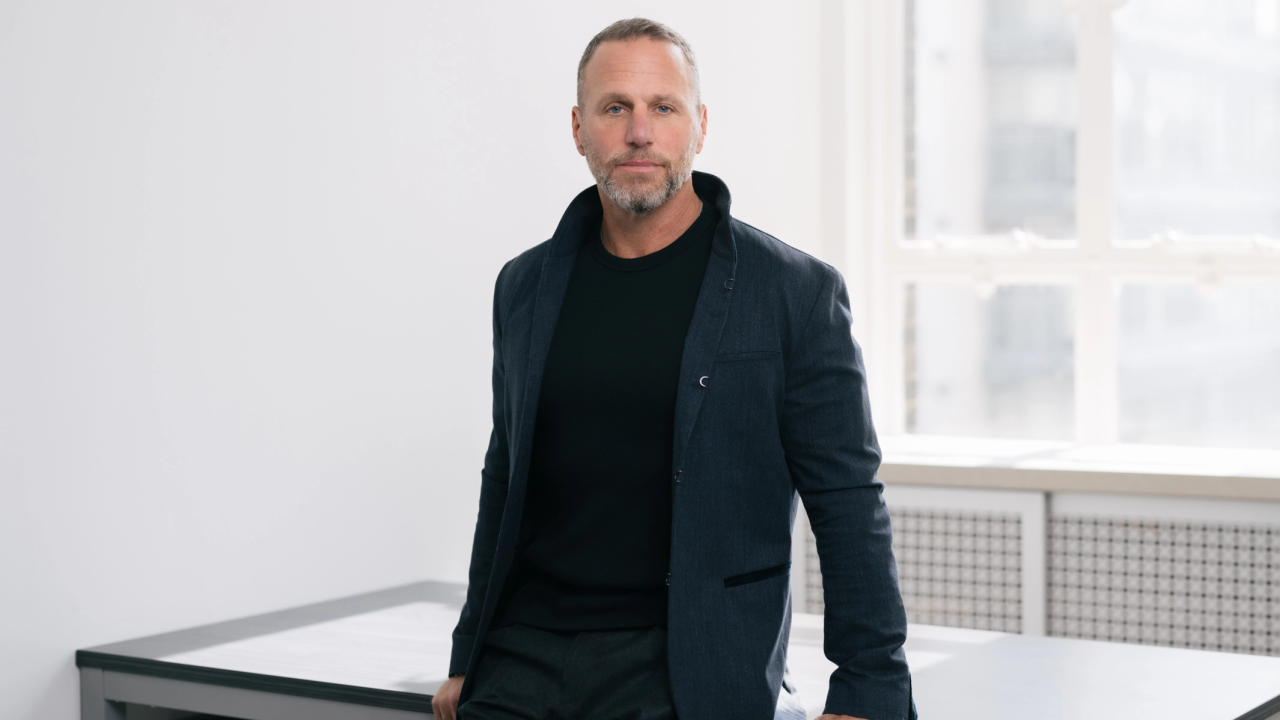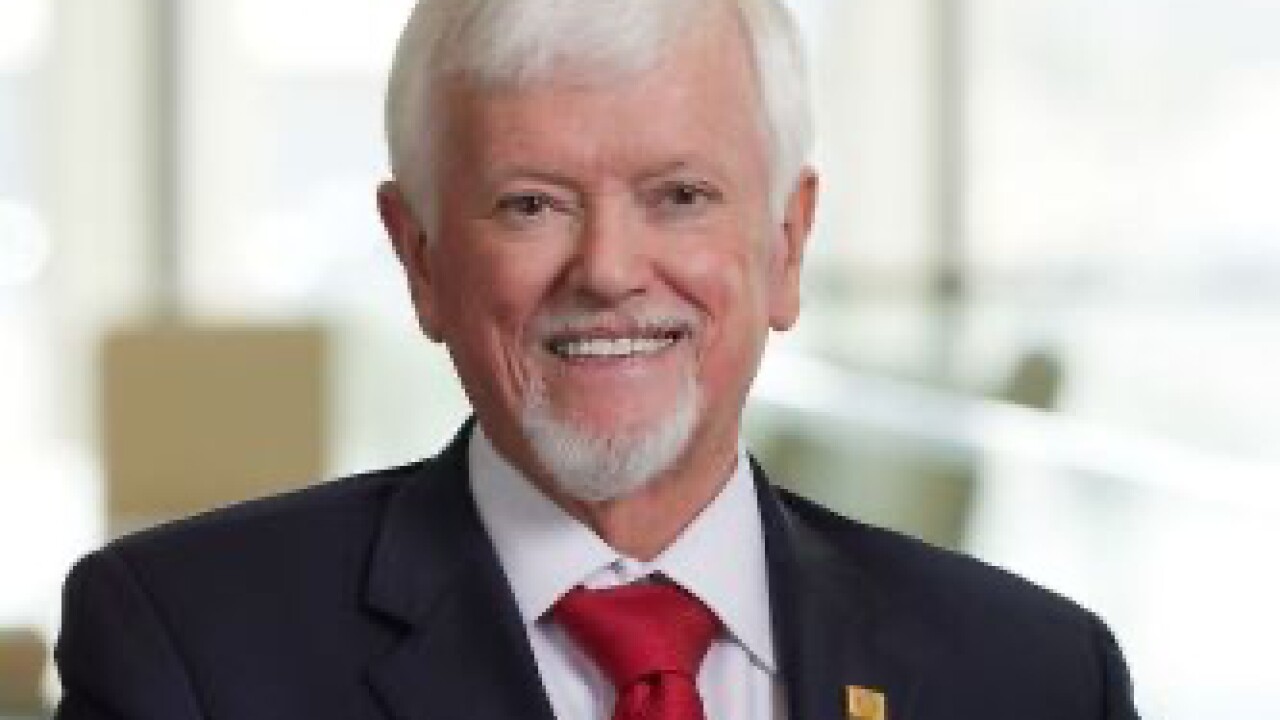There is no such thing as a free lunch. That is the mantra being chanted today by members of the terminal leasing and financing communities, as well as some independent sales organizations, as they ponder how to combat the latest challenge to their business: the giving away of "free" terminals to merchants.
Many ISOs reap substantial revenue from terminal rentals. But it is becoming increasingly difficult to walk into a new business and attempt to lease a card reader to a proprietor when a competitor is offering the same or a similar piece of equipment gratis.
"There's no doubt that free terminal programs have had an initial impact on business," says Corey Saftler, president of Integrated Leasing Corp. of Englewood Cliffs, N.J. "There's no reason to lease something if you can get it for free."
But Saftler is quick to add, as are others who run similar firms that underwrite leases for point-of-sale equipment, that merchants are naive if they believe a free terminal is genuinely free. "You can't possibly get the lowest rates on processing and free equipment and all the technical help and services available," he explains. "You have to pay for it some way."
Wendy Zucker, national sales director of Barclay Square Leasing Inc. of Hicksville, N.Y., concurs. "Nothing in life is free," she says. "They're paying for it in some way. It might be that the equipment is only usable for that one processor. Or their processing fees are higher. Maybe they're not as flexible. Or they might be stuck with the equipment for three or four years."
Some processors that provide free terminals acknowledge that they assess an annual fee in lieu of charging a merchant for buying or leasing the equipment. But others do not. They claim that they make up for the lack of sales or rental revenue by multiplying the number of new accounts they win each month through the lure of their free terminal programs. And that leads to a larger stream of residuals.
ISOs and sales reps often are caught in the middle of this POS rondo.
Terminal rentals, after all, can bring them thousands of dollars per month in leasing fees. A $300 or $400 terminal, rented over four years, can produce a $1,000 profit for an ISO, with monthly rental fees generally ranging from $30 to $40, Saftler and others say.
Merchants, especially small ones just launching a new business, often prefer renting to buying terminals because the purchase price can squeeze their budgets, agents say. They also get tax write-offs when they rent the equipment. Yet other ISOs who have participated in the free terminal programs find that they are writing enough new accounts per month to more than compensate for the loss of rental income.
"It's had a dramatic impact," Tom Della Badia, vice president of sales for Westbury, N.Y.-based IRN Payment Systems, says of the way free terminal programs have stormed into the POS leasing industry. "Newer sales reps don't realize the benefits and income they can generate through leasing."
Some ISOs rely heavily on the leasing income, while others are excited about the impetus the free terminals give them to sign up new accounts, especially when the processor gives them a $100 stipend to help offset the loss of rental income for each merchant taking the free equipment. "When you have a sales rep that's doing right by their client, they have to look at all the alternatives," says Zucker. "The sales agents have to evaluate it for themselves and see what's best in the long run."
Some ISOs like to make as much money up front as they can. Others are more interested in the long-term revenue stream provided by residuals.
The ISO or sales rep usually sets the terms of a leasing agreement. Most leasing agreements are for four years, although they can be for a lesser period, leasers say. Wireless terminals, for instance, typically carry a 36-month lease. Interest rates depend on the creditworthiness of the merchant.
The average monthly payment of a terminal lease is about $35 today, down from about $79 a decade or so ago. Most leasing agreements have become standardized across the industry. At the end of a lease, some merchants buy the equipment, while others enter into a new lease. Others upgrade their equipment by obtaining check readers, touch screens, pads for entering personal identification numbers and other value-added features.
While most leasing and financing companies say they have felt the impact of free terminal programs, not all have.
"I haven't seen a dip in our volume at all," reports Lisbeth Fairbanks, vice president of International Leasing Center of Oxnard, Calif. "There's enough business out there for everybody."
Fairbanks points out that not all major processors offer free equipment. Furthermore, she says, some ISOs want to keep their leasing business alive even if they have the option of giving merchants free terminals.
While Zucker acknowledges that the business of some ISOs and sales agents has been affected by the free terminal deals, she predicts that the impact will ebb. The key to keeping the leasing business vibrant, Zucker suggests, will come by educating both merchants and sales agents that free terminal programs might come with hidden costs.
Troubles Ahead?
Integrated Leasing's Saftler believes leasing will survive the threat of free equipment, at least in part because many sales agents and smaller ISOs rely so heavily on the monthly income they earn from equipment rental arrangements. And, he adds, the leasing business is strong enough to survive free terminals, just as it has endured other new developments in the industry.
"They've been predicting the end of the leasing business for years," Saftler says.
The growing trend of "free" terminal programs for merchants, however, is becoming so pervasive that smaller ISOs unable to compete in the free terminal game may face extinction-at least their competitors hope so.
Marc Gardner, president of Troy, Mich.-based NorthAmerican Bancard, speculates that the free terminal programs will weed out ISOs that make a majority of their revenues from equipment sales and leasing. "It's going to dramatically affect their operating margins and their ability to stay in business," he says.
The free terminals, says Edward Freedman, CEO of Total Merchant Services of Basalt, Colo., "obviously have become a trend, and it's going to be tougher for smaller ISOs to compete. Some smaller ISOs are really going to feel the pain here."
Because of their inability to make the investment required to give away hundreds or thousands of free terminals, "some of the smaller ISOs will have trouble competing, while the stronger ones will survive," says Freedman. The survivors will find the field of competition changing. The new turning points will involve the level of sophistication of the terminals being given away, whether an annual fee is assessed, and how much of the increased revenues will be shared with sales representatives.
Some sales agents have been reluctant to offer free terminals because of the loss of immediate revenue from terminal sales and leasing. And there are cases where some sales agents will not inform merchants that free terminals are being offered until there is no hope of winning the merchant's business, Gardner says. The agent will then throw in the free terminal as the last ace to win the merchant's contract, he says.
Regardless, ISOs offering free terminal programs say they expect reluctant agents to become more open to the idea.
Give and Take
"It's a great opportunity for the salesperson," says Jared Isaacman, CEO of United Bank Card Inc., a Hampton, N.J.-based transaction processor and ISO. "In the long run you're going to make the money back [that is lost from terminal sales]. People realize that giving a product away in return for recurring revenues is the smart way to play."
Since United Bank Card began offering Lipman Nurit 8320 terminals to merchants in November 2004, without assessing them fees directly for the equipment, the company has provided tens of thousands of free terminals across the country.
Isaacman says the number of new merchant accounts his agents are accruing has more than doubled, up to 2,400 monthly, since the initiation of the free terminal program.
NorthAmerican Bancard offers a few terminals, including the VeriFone 3750 card reader and CR1000i check imager, without requiring a direct payment from the merchant for the equipment. "We've received a very, very positive response. It allows the merchant-level salesperson to generate more merchant accounts in a shorter period of time and become more prosperous," Gardner says. "It's dramatically increased our sales line."
Many companies offering free terminals say they will provide new equipment if the terminals break or become outdated. United Bank Card charges a $79 annual fee along with its "free" terminals. Total Merchant Services does not.
"To me it's not really a free program if a company charges an annual fee," says Freedman. "It's more like a rental program."
While some ISOs like having the opportunity to make a couple hundred dollars on the sale of a terminal, the long-range income from an increase in merchant accounts can be far more lucrative.
"In the industry, we've seen a dramatic compression in point-of-sale terminal margins," says Gardner. "Our sales revenues, hardware sales and leasing are way down. However, processing value has increased dramatically, and the residuals we pay to sales people have dramatically increased."
One ISO who loves the free terminal program is Richard Dorsey of Electronic Funds Captured of Cloverdale, Calif., who has three agents and does $48 million in processing annually in the Northern California wine country. "It's probably the best thing that ever happened to me," says Dorsey.
Since he began participating in United Bank Card's free terminal program, Dorsey says the number of new merchant account deals he executes per month has increased from 15 to 40.
His sales numbers show why he is so excited about the program. In March 2004, before the free terminal program, Dorsey took in $3,010 in residuals and terminal fees. In March 2005, that number more than doubled to $6,449. In November 2004, just before the program was launched, Dorsey earned $2,537 in residuals and terminal revenue. In 2005, just 11 months later, he reaped $11,533.
The free terminal program has had no impact on the length or particulars of the contract, Dorsey says. The typical United Bank Card merchant contract is for three years. If merchants opt out of the contract before the term has elapsed, they can be assessed a $250 fee. But Dorsey says he waives this fee.
For merchants, free payment terminals appear to be on the rise. They might want to take a close look at the fine print before gauging the true value such offers.
NEWS FLASH
Nova Information Systems announced Jan. 31 plans to buy First Horizon Merchant Services Inc. for $433 million. Nova also may make subsequent payments to First Horizon based on its performance. First Horizon reports it is the second-largest merchant acquirer of hospitality transactions, with a portfolio of 53,000 merchant locations in the United States, Canada and Puerto Rico. First Horizon would add about $25 billion in annual credit and debit card processing volume to the $105 billion in Nova volume processed last year, a Nova spokesperson says. "This will greatly expand our reach in the hospitality space where we haven't played in our 15-year history," the spokesperson says. Nova is the merchant-acquiring arm of U.S. Bancorp. Englewood, Colo.-based First Horizon is a subsidiary of First Tennessee Bank and is a part of First Horizon National Corp. As part of the purchase, Nova will gain the referral relationship that First Horizon National has with 208 banks in Tennessee, Mississippi, Virginia, Georgia and Texas.
(c) 2006 Cards&Payments and SourceMedia, Inc. All Rights Reserved.
http://www.cardforum.com http://www.sourcemedia.com
-
Companies such as Google, Visa and Mastercard are building a framework that will allow AI agents to shop and make payments. There are signs that consumers are warming to the idea.
25m ago -
The Toronto-based loan fintech received an IFE license from Puerto Rico to launch Propel Bank.
December 2 -
As federal watchdogs step back from regulating "Buy Now, Pay Later" loans, state authorities are stepping in. This week, the attorneys general from California and several other blue states joined the fight.
December 2 -
The Troy, Michigan-based lender and servicer faces at least seven lawsuits over a hack in June allegedly perpetrated by a known ransomware gang.
December 2 -
In a relatively mild oversight hearing in the House Financial Services Committee Tuesday morning, regulatory heads at the Federal Reserve, Office of the Comptroller of the Currency, National Credit Union Administration and Federal Deposit Insurance Corp. outlined plans for reduced capital requirements and debanking enforcement.
December 2 -
South Plains Financial agreed to pay $105.1 million in stock to acquire a seven-year-old Houston community bank in its first M&A foray since 2019.
December 2





